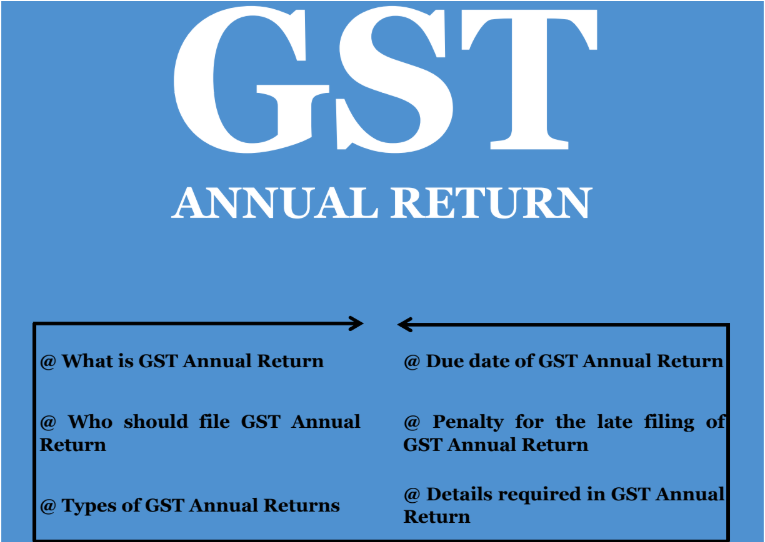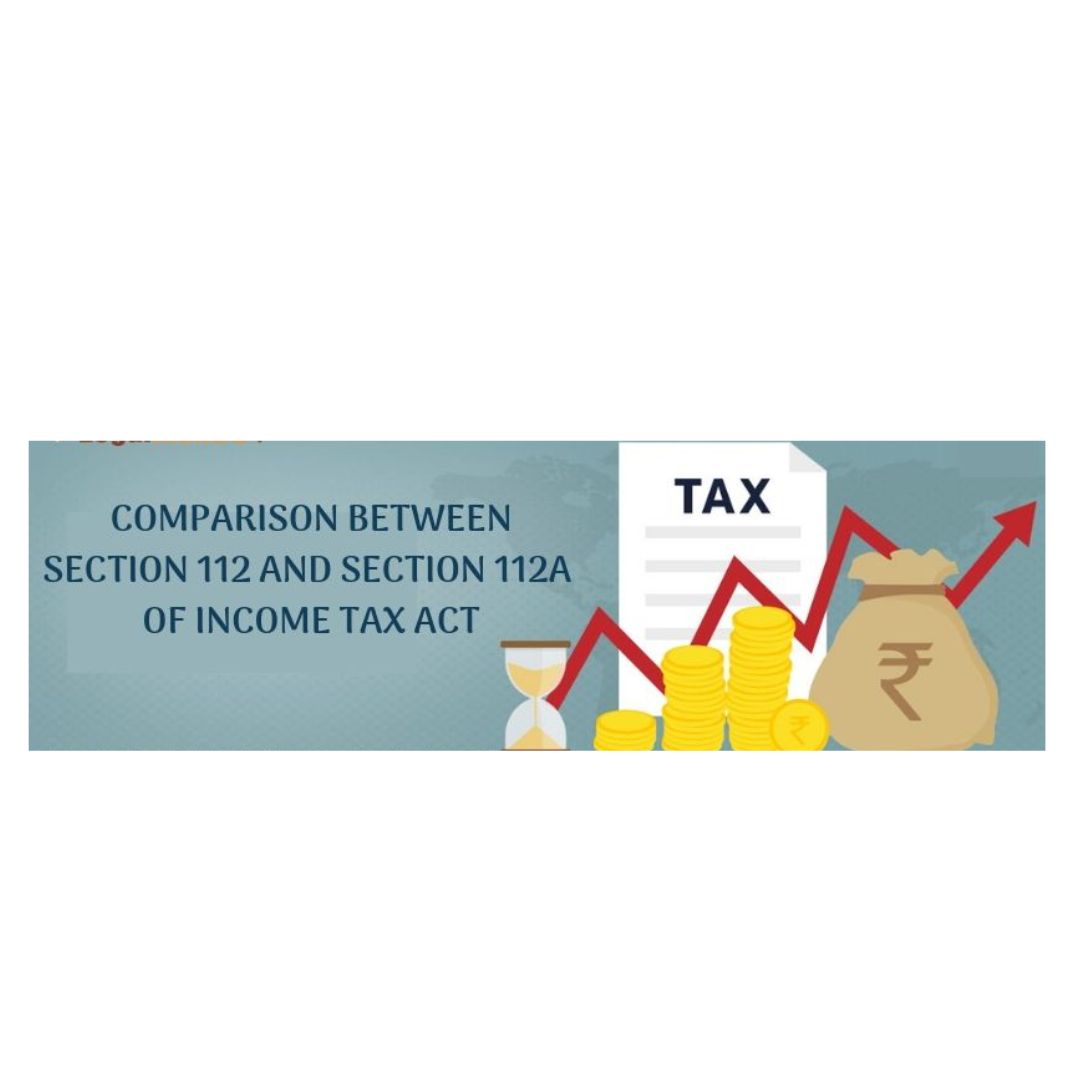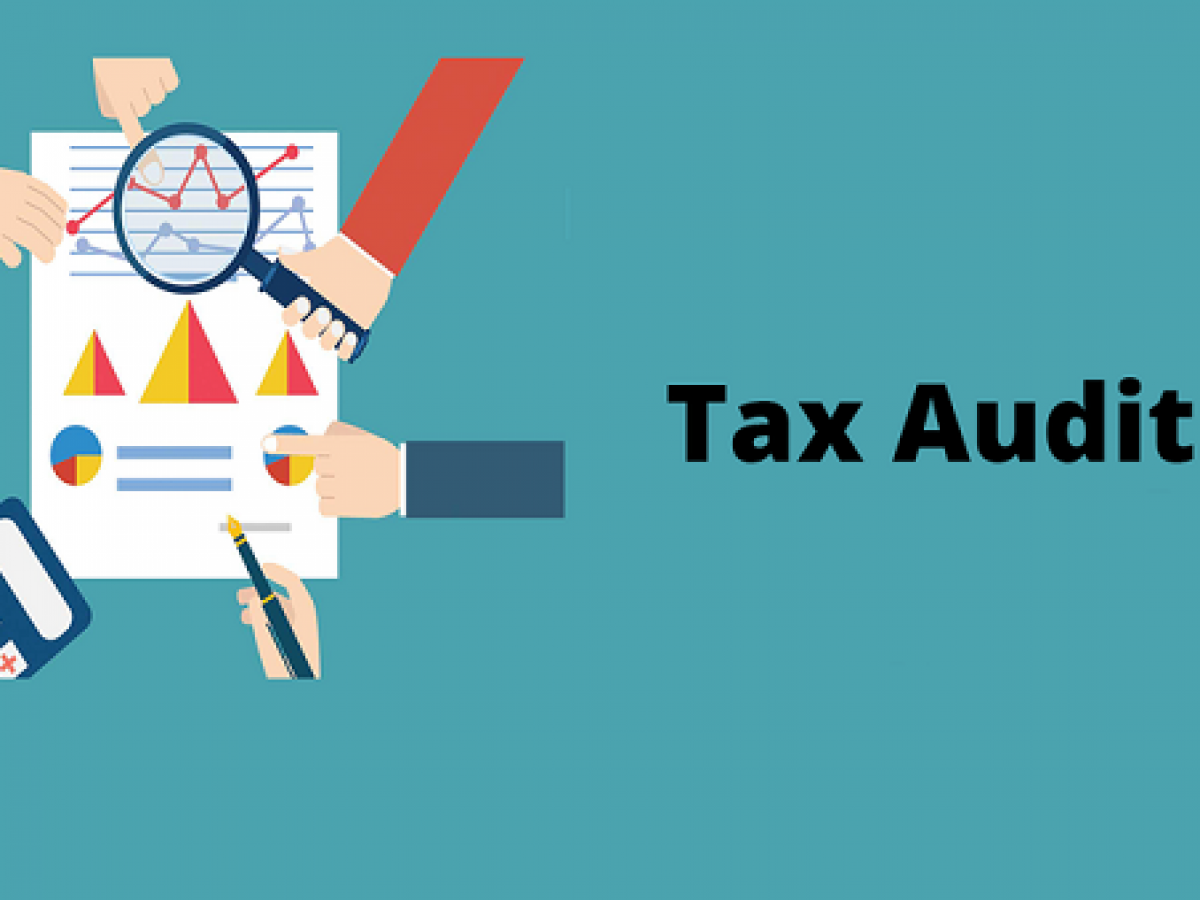As a service provider, do I have to pay Goods and Services Tax?
Goods and Services Tax Yes, in India, as a service provider, you are required to pay Goods and Services Tax (GST) if your annual turnover exceeds the threshold limit of Rs. 20 lakhs (or Rs. 10 lakhs for some special category states). Even if your turnover is below the threshold limit, you have the option… Read More »










